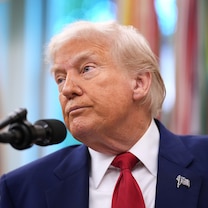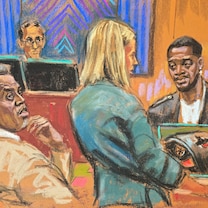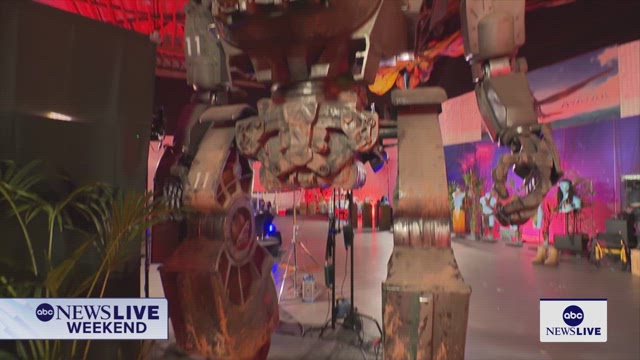Sorting Out Massive Polygamist Custody Case
State law, religious beliefs clash at hearings for hundreds of sect children.
May 19, 2008— -- The Texas judge in a child custody case criticized a lawyer's proposal that her polygamist-sect client shouldn't be required to comply with the state's plan to reunify the woman with her children if it conflicted with her religious beliefs.
The suggestion could be a stumbling block, since the state child protective services has made it clear that the mothers would have to choose between their children and the alleged practice of marrying underage children to older men.
Members of the Fundamentalist Church of Jesus Christ of Latter Day Saints, which practices polygamy, have denied that any of the children were abused and have said they are being persecuted for their religious beliefs.
The state has said its ultimate goal is to reunify the 463 children taken into state custody with their parents, so long as the parents can show they can provide homes free of abuse. The parents are also being asked to take parenting classes and attend psychological counseling.
The mothers showed at several simultaneous hearings Monday how devoted they were to their kids. Social workers noted the mothers had been traveling across the state to see their children, many of whom have been scattered in various foster homes up to 15 hours from the sect's ranch in Eldorado.
One of the wives of the sect's jailed leader said she was eager to comply with any psychological testing so she could be reunited with her son, a boy born with a birth defect who has been given a new prosthetic leg while in foster care.
But the women also have shown their devotion to their religion.
Judge Thomas Gossett said he had a problem with the idea posed by an attorney for Nora Jeffs that Jeffs would comply with the suggestions of counselors and psychologists so long as they don't conflict with her religious beliefs.
"We all know why we are here today," he said, but he added to Jeffs that it's "up to you what your religious beliefs are."
The hearings, the latest step in what is believed to be the largest child protection case in U.S. history, are the first attempt to sort out what should be done for each individual child, rather than treating them en masse.





